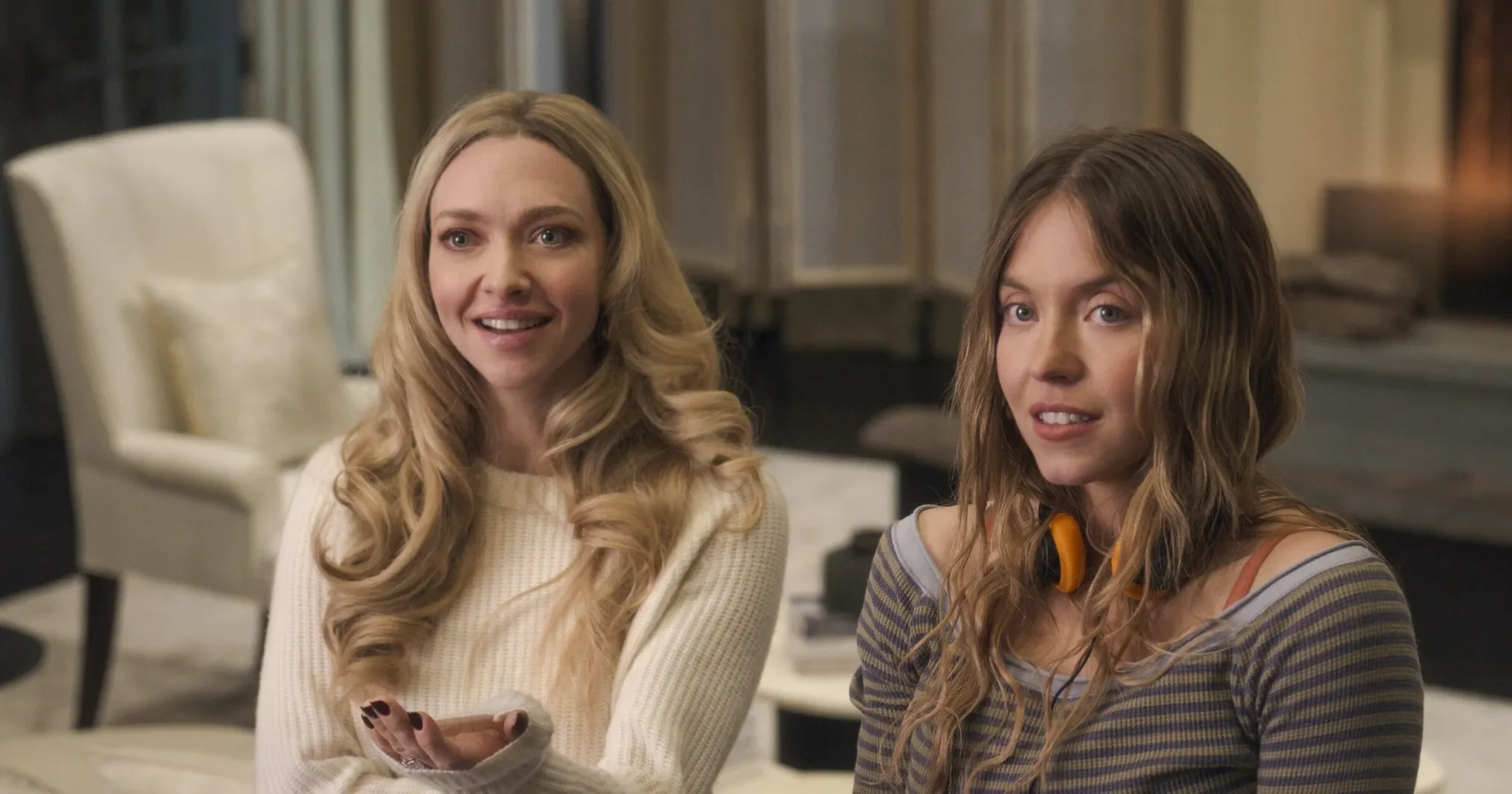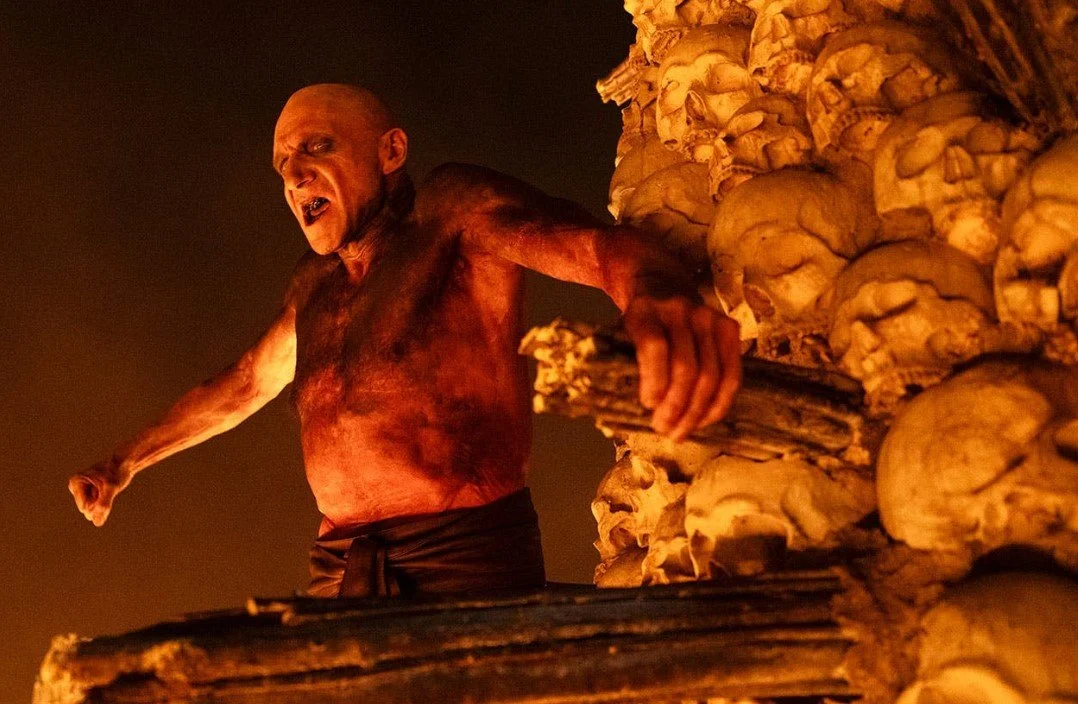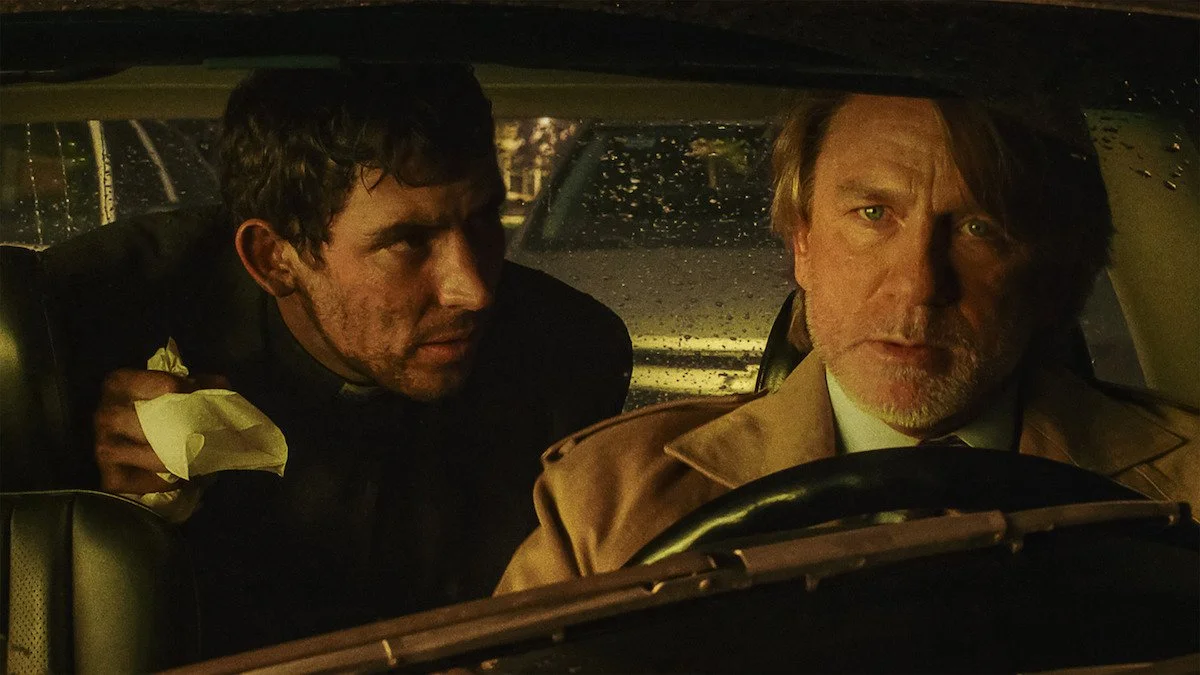‘Happening’ REVIEW: A potent and brutally honest commentary on abortion
‘Happening’ REVIEW: A potent and brutally honest commentary on abortion
Films that aim to bridge a message to their audience need an inordinate amount of piles serving as sturdy foundations. If it flounders in its execution, then it becomes no different from an old and anachronistic viaduct already crumbling with the weight of its content. Despite its woeful ride, Happening cogently delivers its relevant and potent commentary on abortion in ‘60s France.
Director Audrey Diwan adapts the film from a semi-autobiographical novel of the same name authored by Annie Eranux. The story follows Anne (Anamaria Vartolomei), who weaves through an unexpected pregnancy while finishing her studies and struggling with her social life. Her story details the excessive perils that women must go through in order to gain or regain control over their bodies.
Vartolomei is a revelation as the main lead; her performance deserves to be billed among the best of the year. Anne’s dubiety and trepidation are fluidly translated in her performance. Each wail and grunt elicited from her physicality is indelibly sharp and piercing. Her exclusion from her social groups and systemic support is heartbreaking, and Vartolomei expertly unfolds her character’s alienation.
Despite being set in the ‘60s, there is no ambiguity in what it wants to say about the present. The Roe v. Wade decision, a triumph for abortion adherents in the US, is at risk of being overturned at the Supreme Court level. In the Philippines, abortion is still a hotly contested topic and remains illegal even with presidential candidates who show no signs of change.
In France, abortion is legal, but it still faces steady opposition from pro-life groups. In spite of it all, Director Diwan channels a profoundly personal story to show the truth and nothing but the truth. Sometimes, the truth can be excruciating and, in this case, most definitely not enjoyable to witness, but it doesn’t mean that it is any less resonant and essential.
The source material is simple and straightforward. It focuses on a singular occurrence in the hope of saying something universal about its subject matter. Laurent Tangy’s camerawork intentionally constricts, it knows just when to look and when to look away, always delivering the most optimal visual punch. Dièné Bérété’s production design is articulate and concise. Surprisingly, for a period piece, the sets do not exclaim antiquity for fear of removing attention from the personal. The past is felt rather than seen.
Happening is part of the 2022 Sundance lineup.
Happening shares the same connective tissue with other films that deal with abortion, such as ‘Never Rarely Sometimes Always,’ and ‘4 Months, 3 Weeks and 2 Days.’ All of them share the claustrophobic feeling of being trapped in an unkind environment that eliminates a woman’s command over her reproductive rights. Diwan’s adaptation is unique for its unflinching resolve to show the callousness of men (the intransigent doctors and exploitatory men), the inadequacies of social structures, and the need for solidarity amongst women.
Anne’s estrangement is materialized in small conversations between her closest friends who stigmatize pregnancy in passing. She is also unable to fully process her grief with her mother, Gabrielle (Sandrine Bonnaire), which maroons her further. The men in the film approximate her places of refuge, such as bars, booths, domestic rooms, and even abortion clinics. They are omnipresent figures that seek to assert the gender and cultural norms that advantage them but are incapable of showing any semblance of responsibility or sympathy when it handicaps them.
Aside from Anne’s helplessness, the film leans in on the mercilessness of the process of getting an abortion in an environment where it is illegal. She can only disclose her situation in hushed tones and within confined spaces. Crucially, she first reaches out to male figures to help in her situation, and they merely show her ambivalence at best and indifference at worst. Notably, the man who got her pregnant is barely in the film, accentuating Anne’s isolation.
The film is based on the novel by Annie Ernaux of the same name.
The women in the film are commonly shown in public bathrooms and gender-designated dormitories. They are depicted naked and exposed, underscoring their vulnerability and muted reassurance with one another. Early in the film, a simmering tension could be felt between Anne, her fellow classmates, and her place in such amenities. But, in the end, it is women and their uniting force that aids her in the grueling process due to their unique understanding.
This film has agonizing and torturesome scenes that are not for the squeamish. There are three pivotal moments involving the delicacies of abortion that are painful to watch — but it is absolutely necessary. If one comes out of this film wanting to look away and ignore the clear societal problems, then one would not be any different from the heedless men in the film.
There’s a line from one of the literature classes that sums up the film best: “It uses the lover’s drama to evoke a national one. It’s a political poem.” By emphasizing the personal, it envelops its narrative with the political. Each line and verse is meant to disturb and unsettle. Each rhyme and meter serves as a brutally honest mirror into an era that still feels all too familiar.














